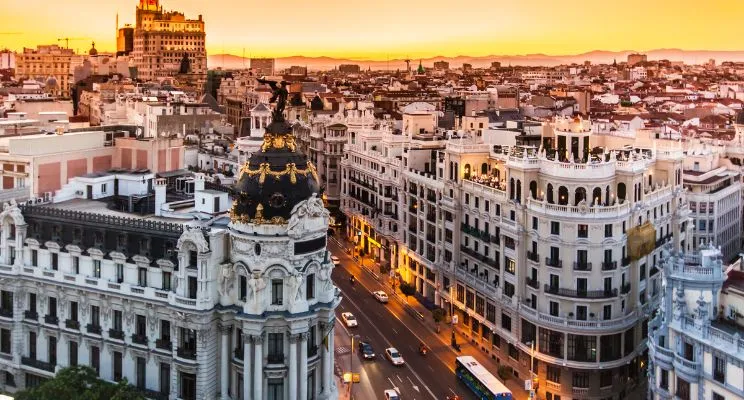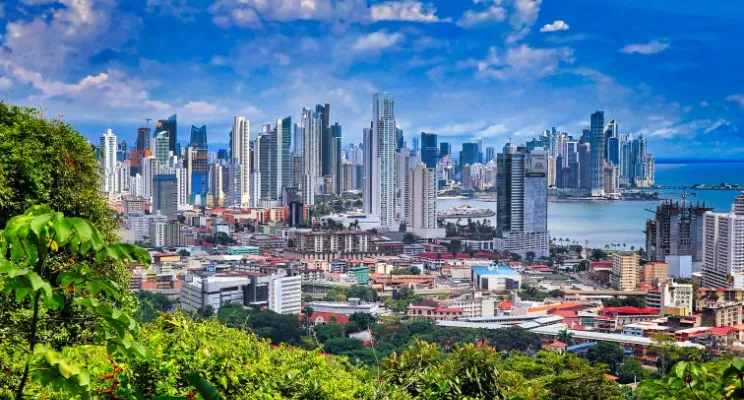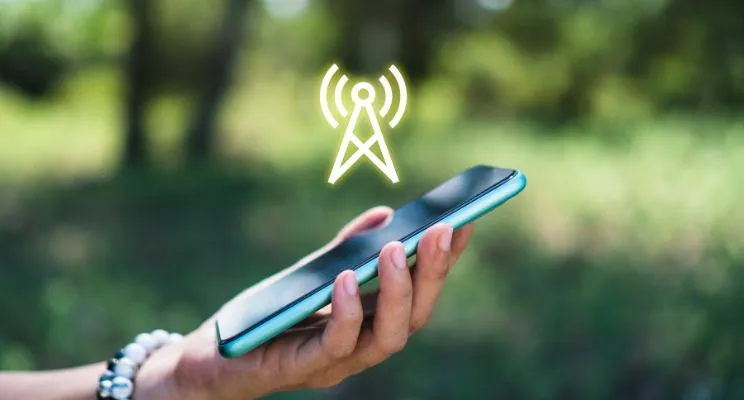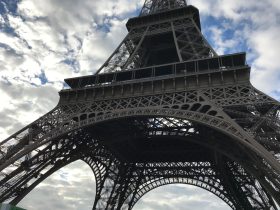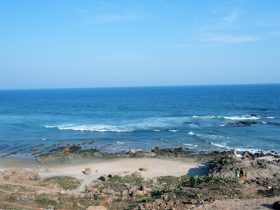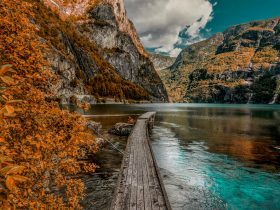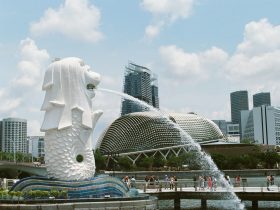National Geographic defines slow travel as a mindset that encourages travelers to take their time and fully immerse themselves in the local culture and environment. It is a way of traveling that prioritizes quality over quantity, allowing individuals to truly connect with the places they visit. Slow travel is not about ticking off items on a bucket list or rushing from one tourist attraction to another. Instead, it is about savoring each moment and embracing the journey itself.
What is Slow Travel?
Slow travel is a concept that encourages travelers to slow down, relax, and enjoy the journey. It is about taking the time to appreciate the little things, such as the local cuisine, architecture, and traditions. By immersing oneself in the local culture, travelers can gain a deeper understanding of the destination and forge meaningful connections with the people they meet along the way.
The Benefits of Slow Travel
One of the key benefits of slow travel is the opportunity to reduce stress and anxiety. By slowing down and embracing a more relaxed pace, travelers can avoid the rush and pressure that often comes with traditional tourism. Slow travel also allows individuals to experience a greater sense of fulfillment and satisfaction, as they have the time to fully engage with their surroundings and create lasting memories.
How to Practice Slow Travel
To practice slow travel, it is important to plan your trip with intention and purpose. Instead of trying to cram as many activities as possible into your itinerary, focus on a few key experiences that truly resonate with you. Take the time to explore off-the-beaten-path destinations, engage with locals, and savor the moment. Embrace spontaneity and allow yourself to wander aimlessly, letting the journey unfold naturally.
Slow Travel vs. Traditional Tourism
Unlike traditional tourism, which often involves rushing from one attraction to another, slow travel encourages individuals to take their time and fully appreciate each destination. It is about quality over quantity, depth over breadth. Slow travelers prioritize meaningful experiences over superficial sightseeing, seeking to create lasting memories in each place they visit.
The Environmental Impact of Slow Travel
In addition to its personal benefits, slow travel also has a positive impact on the environment. By traveling at a slower pace, individuals can reduce their carbon footprint and minimize their impact on the planet. Slow travel promotes sustainable practices, such as supporting local businesses, reducing waste, and respecting the natural environment. By choosing to travel mindfully, individuals can contribute to the preservation of the places they visit.
Embracing Slow Travel as a Lifestyle
For some, slow travel is not just a vacation style, but a way of life. It is about approaching every day with intention and mindfulness, savoring each moment and finding joy in the simple things. Slow travelers prioritize experiences over possessions, relationships over material wealth. By embracing slow travel as a lifestyle, individuals can cultivate a greater sense of gratitude, presence, and fulfillment in their daily lives.
Challenges of Slow Travel
While slow travel offers many benefits, it is not without its challenges. Traveling at a slower pace can require more time and flexibility, as well as a willingness to step outside of one’s comfort zone. Slow travelers may encounter language barriers, cultural differences, and logistical obstacles along the way. However, these challenges can also be opportunities for growth, learning, and personal development.
Slow Travel as a Mindful Practice
At its core, slow travel is a mindful practice that encourages individuals to be present, aware, and appreciative of their surroundings. It is about slowing down, tuning in, and connecting with the world around us. By practicing mindfulness during their travels, individuals can cultivate a deeper sense of gratitude, compassion, and empathy for both themselves and others.
Conclusion
In conclusion, slow travel is not just a trend, but a way of life that promotes mindfulness, sustainability, and cultural exchange. By embracing a slower pace and immersing oneself in the local culture, travelers can create meaningful connections, reduce their environmental impact, and cultivate a greater sense of fulfillment. Whether you are planning a weekend getaway or a year-long adventure, consider incorporating the principles of slow travel into your journey and see how it can transform your travel experience.


